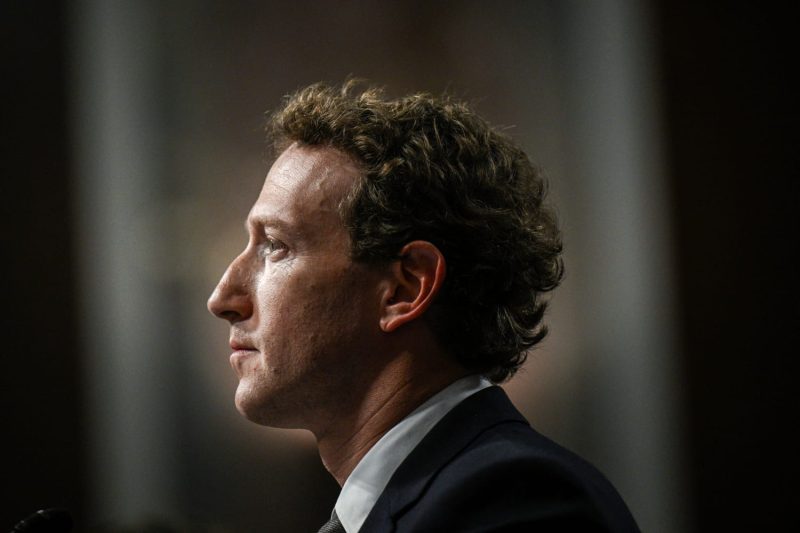In the fast-evolving digital landscape, social media platforms like Facebook and Instagram are not just communication tools anymore; they have become significant channels for advertising and promotion. However, the widespread reach and influence of these platforms come with a set of challenges, including the proliferation of illicit drug ads. Lawmakers have recently raised concerns about the presence of such ads on Facebook and Instagram, prompting calls for accountability and transparency from tech giant Mark Zuckerberg.
The issue of illicit drug ads on social media platforms is a pressing one, with potentially harmful consequences for users, especially young and vulnerable populations. These ads may glamorize or normalize drug use, potentially leading to increased experimentation and substance abuse. Moreover, the lack of regulation and oversight in this area raises questions about the ethics and responsibilities of tech companies in curating and monitoring the content that appears on their platforms.
In response to these concerns, lawmakers have called upon Mark Zuckerberg to provide insights into how Facebook and Instagram are addressing illicit drug ads. The request for transparency is a crucial step towards creating a safer online environment and holding tech companies accountable for the content that circulates on their platforms. By shedding light on their strategies and protocols for addressing illicit drug ads, Facebook and Instagram can demonstrate their commitment to promoting user safety and well-being.
It is essential for social media platforms to adopt proactive measures to combat the spread of illicit drug ads. This includes implementing robust content moderation policies, leveraging technology and AI to detect and remove harmful content, and collaborating with law enforcement agencies and public health authorities to combat drug-related issues online. By working in conjunction with relevant stakeholders, tech companies can ensure that their platforms are not inadvertently facilitating or promoting illicit activities.
In addition to technical solutions, education and awareness-raising efforts are also crucial in addressing the challenges posed by illicit drug ads on social media. By empowering users with information about recognizing and reporting problematic content, platforms can engage their communities in creating a safer and more responsible online environment. Furthermore, partnerships with non-profit organizations and advocacy groups can help amplify these efforts and drive meaningful change in the way social media platforms address sensitive issues like drug abuse and addiction.
In conclusion, the presence of illicit drug ads on social media platforms is a complex and multifaceted issue that requires a collaborative and multi-pronged approach to address effectively. By calling upon tech companies like Facebook and Instagram to demonstrate transparency and accountability in their efforts to combat this problem, lawmakers are taking a crucial step towards safeguarding the well-being of users and promoting responsible online behavior. As the digital landscape continues to evolve, the need for ethical and responsible practices in content moderation and advertising becomes increasingly paramount, underscoring the importance of ongoing dialogue and collaboration between policymakers, tech companies, and civil society stakeholders.
